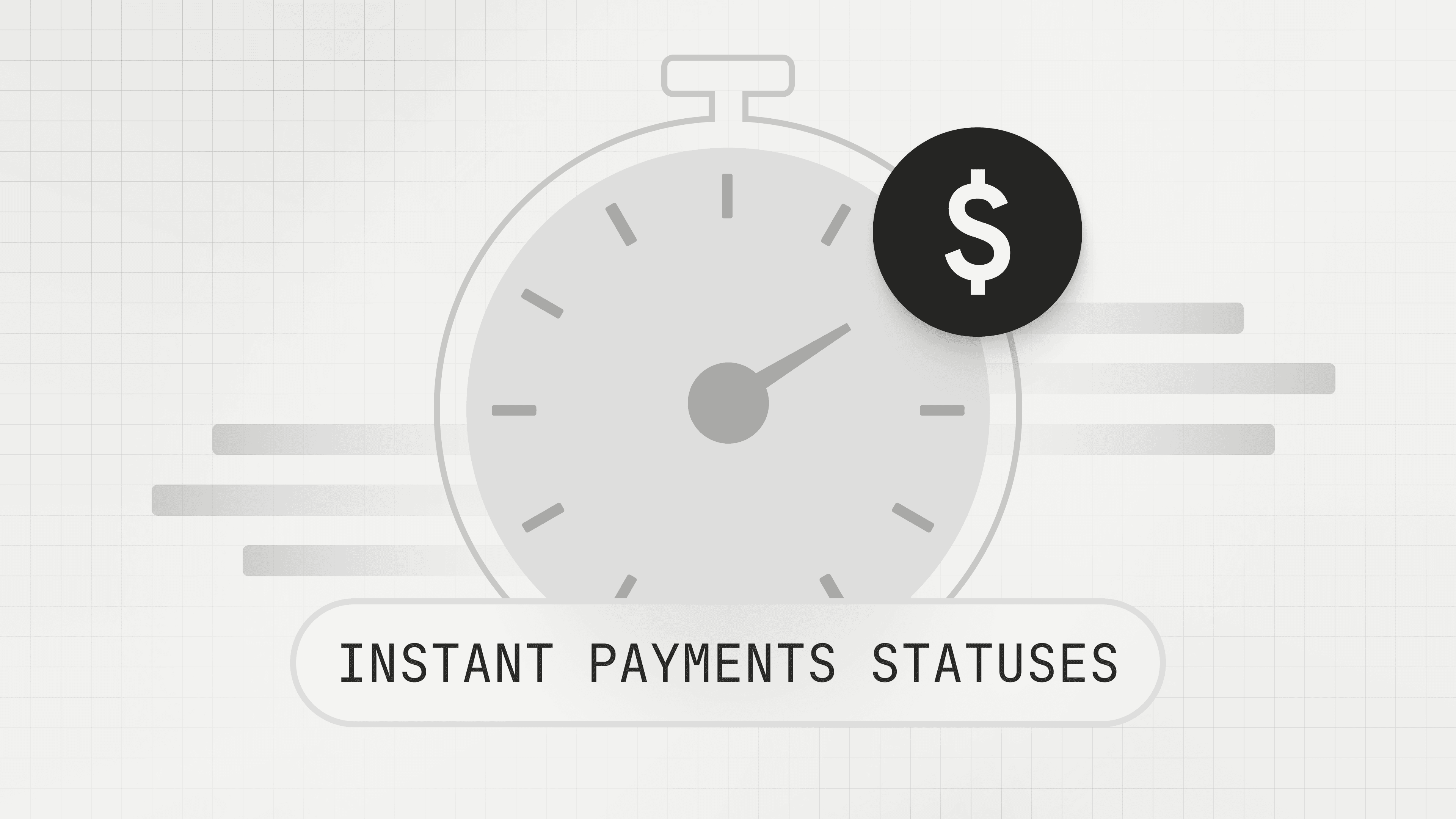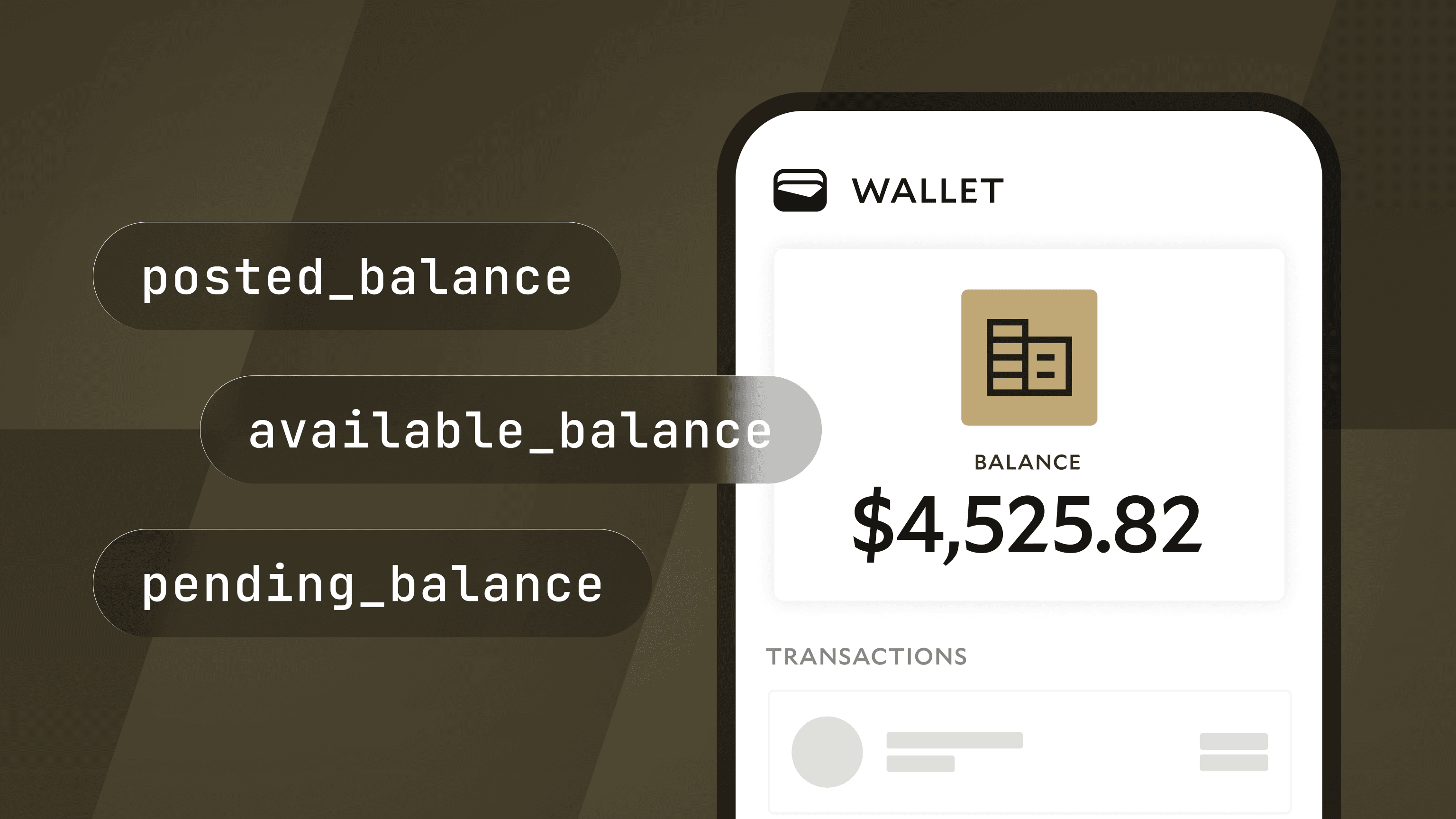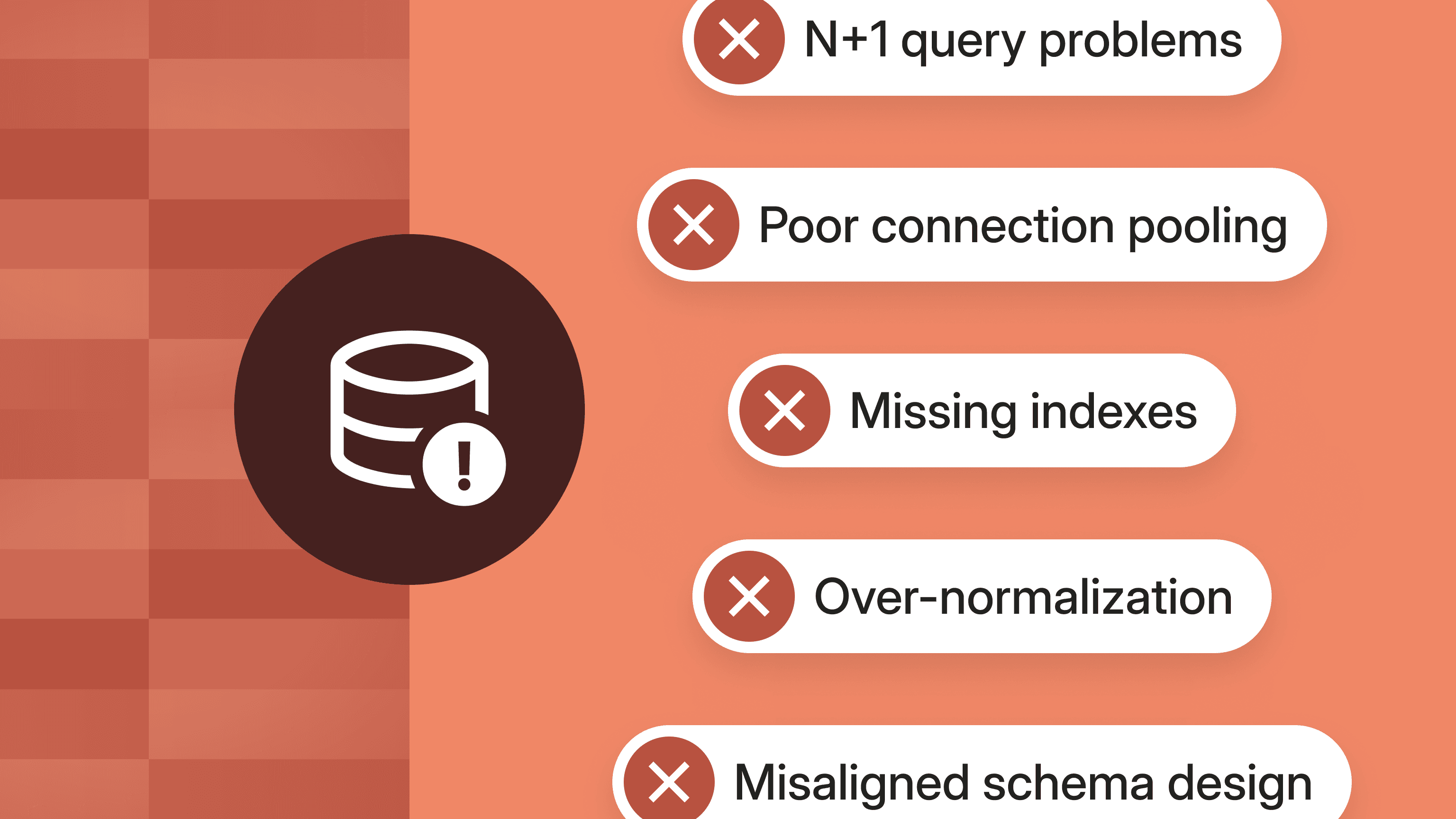Modern Treasury has acquired Beam.Build for what's next →
When and How to Set Up an FBO Account
An FBO account is a custodial account that lets a company manage funds on behalf of, or “for the benefit of” their users without assuming legal ownership of that account.

Introduction
For Benefit Of (FBO) accounts can be a helpful tool for a startup that is trying to manage money on behalf of others. However, they can also be complex, confusing, and require legal judgement. Furthermore, depending upon which bank you talk to, you may find a different definition and differing capabilities for an FBO account.
In this guide, we’ll help you understand what an FBO is, the cost and benefits of an FBO setup, and what to expect when setting one up at a bank.
What is an FBO?
Let’s start with the basics. A For Benefit Of account is a type of custodial account. It is a pooled account that allows a company to manage funds on behalf of, or “for the benefit of,” one or more of their users without assuming legal ownership of that account. Two key potential benefits of an FBO are sub-accounts with FDIC insurance and regulatory cover.
Sub-Accounts and FDIC Insurance
Sub-accounts can be opened for individual users inside of an FBO, providing them a unique account and routing number. This is commonly used by neobanks for provisioning individual user accounts.
These sub-accounts can be easily opened and managed with Modern Treasury’s Virtual Account API. In most cases, but not in every case, there is FDIC insurance up to $250,000 on each virtual account.
This FDIC insurance coverage limit is measured per depositor, per bank, per account ownership category. As an example, let’s say that an end-user of NeoBank is named Jane. Jane and NeoBank both bank at Bank A. Both Jane’s personal deposit account and Jane’s virtual deposit account of the same account type through NeoBank will contribute to the $250,000 limit.
Regulatory Considerations
Ownership of an FBO can either be attributed to the bank’s EIN (tax ID) or the name of the company. If the FBO is in the bank’s EIN, this structure can be helpful for businesses seeking to avoid certain kinds of regulatory categories, for instance, the possibility of the business being directly regulated as a “money transmitter.”
Money transmitters are businesses that “transmit” funds that are not considered their own. Money transmitters must register with federal regulators (the Financial Crimes Enforcement Network, or FinCEN) and then obtain Money Transmitter Licenses (MTLs) for each state in which they operate. This registration and licensure process is costly and time-consuming. FinCen provides many resources to help a business figure out if it is a money transmitter, but we recommend consulting legal counsel to review the applicable facts and circumstances.
By using a properly constructed FBO account arrangement with a regulated bank, a business can avoid the need to individually register and obtain licenses as a money transmitter. That is because the bank already has the necessary regulatory compliance structure; banks are exempt from the need to separately register and obtain MTLs. A properly constructed FBO under a bank’s EIN removes the business from having dominion or control over the user’s funds. Thus, the business would not be subject to separate regulation as a money transmitter in its own right and would be able to rely on the bank’s regulatory exemption.
Signing up for FBOs
Because banks take on the regulatory risk, they’ll want to have all the information about your company in order for them to be comfortable with opening a FBO. They need to understand how your company works and who your company is serving, whether that is other businesses or individuals. They will ask you for a list of your underlying users and ask you to maintain records that demonstrate who the beneficial owners of the account’s funds are.
The bank will also ask about your risk and compliance protocols. You will likely need to supply account reconciliation reports, customer ID program reports, and transaction monitoring reports. This means increased compliance requirements for your company, like Anti-Money Laundering (AML), Bank Secrecy Act (BSA), and Office of Foreign Assets and Control (OFAC) policies. Sometimes banks may even require you to designate a compliance officer.
Due to these compliance measures and the bank’s own regulatory environment, the process for opening a FBO account can take time. While Modern Treasury has bank partners that can process a new account in around one month, most banks take closer to three months for diligence and set-up. Beyond time, FBO accounts can be costly. FBO account pricing varies widely depending on your bank; we recommend talking to your bank partner to find out more.
Who Could Benefit from Using a FBO Account?
We see multiple types of Modern Treasury clients utilizing a FBO structure. Companies building escrow accounts, peer-to-peer lending, or a fund custodian could potentially benefit. However, FBO accounts are not for everyone. We encourage businesses to speak with legal counsel to clarify their account and regulatory requirements before speaking with a bank.
If you have questions about FBO accounts, or any other aspect of payment operations, talk to us.








